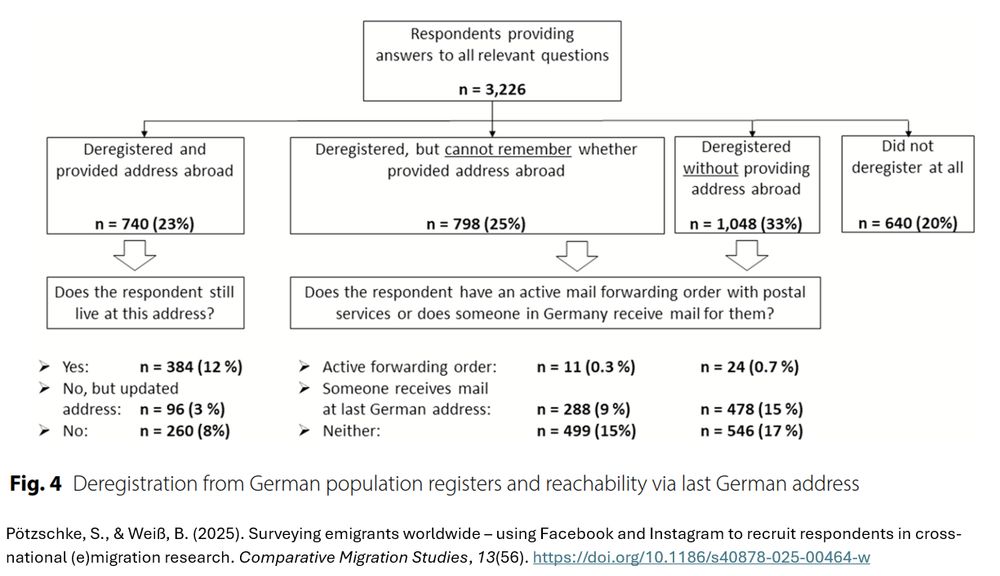
[4/4]
[4/4]
[3/4]
[3/4]
[2/4]
[2/4]
[5/5]
[5/5]
[4/5]

[4/5]
[3/5]

[3/5]
With a modest budget, we surveyed nearly 4,000 Germans who had moved to 148 countries & territories.
[2/5]

With a modest budget, we surveyed nearly 4,000 Germans who had moved to 148 countries & territories.
[2/5]
[4/4]
[4/4]
[3/4]
[3/4]
[2/4]

[2/4]
[1/4]
[1/4]

